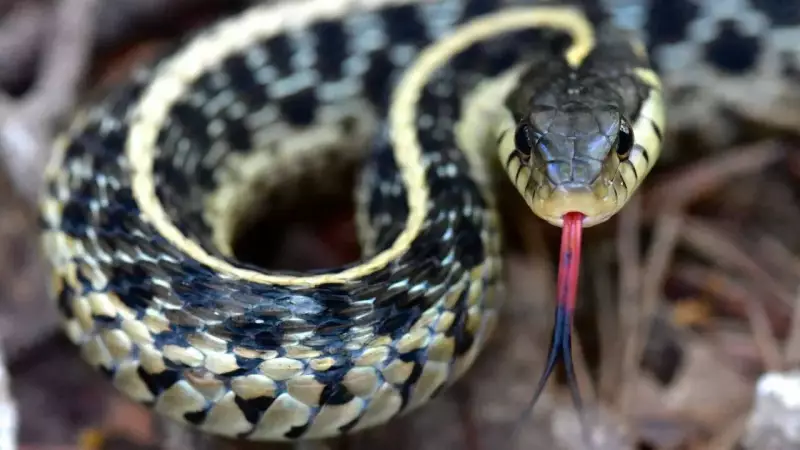
For many in India, the sight of a snake triggers immediate fear. However, these often-misjudged reptiles are not just symbols of danger; they are unsung heroes playing a pivotal role in maintaining our environment and advancing human health.
The Invisible Pest Control Squad
Snakes act as one of nature's most effective pest controllers. They primarily feed on small mammals like mice and rats, which are known for their astonishing reproduction rates. A single pair of rats can produce over a million descendants in just eighteen months. By preying on these rodents, snakes provide a critical service to agriculture by protecting crops from destruction.
This natural form of pest control also has a direct impact on public health. Unchecked rodent populations are notorious for spreading diseases. The historical example of the bubonic plague, or Black Death, which killed millions, was exacerbated by the elimination of natural rodent predators. Even today, diseases like the plague persist, with outbreaks such as the one in Madagascar in 2008. Snakes serve as a vital barrier against such threats.
Keystone of the Food Web
Beyond being predators, snakes are a crucial source of food for other wildlife. Birds of prey, mongooses, coyotes, and even larger snake species rely on them for sustenance. This dual role as both predator and prey makes snakes an indispensable link in the ecological chain.
Their removal can trigger a cascade of negative effects. Predators that depend on snakes may face food shortages, leading to population declines. This disruption can then ripple through the entire ecosystem, affecting the balance of various plant and animal species. The stability of our natural world is deeply connected to the presence of these reptiles.
From Venom to Vital Medicine
Perhaps the most surprising role of snakes is in the field of medical science. Their venom, while dangerous, is a treasure trove of complex biochemical compounds. Scientists have already harnessed these to develop medications for critical conditions.
Today, snake venom contributes to treatments for heart disease, diabetes, and blood-clotting disorders. The research frontier is even more promising, with ongoing investigations into its potential for fighting cancer, autoimmune diseases, and chronic pain. Each snake species possesses unique compounds, meaning the loss of a single species could mean the loss of a future medical breakthrough.
It is natural to be cautious around snakes, but understanding their multifaceted contributions can transform fear into respect. They are not creatures to be eradicated but are essential partners in preserving ecological balance and pioneering life-saving science.





